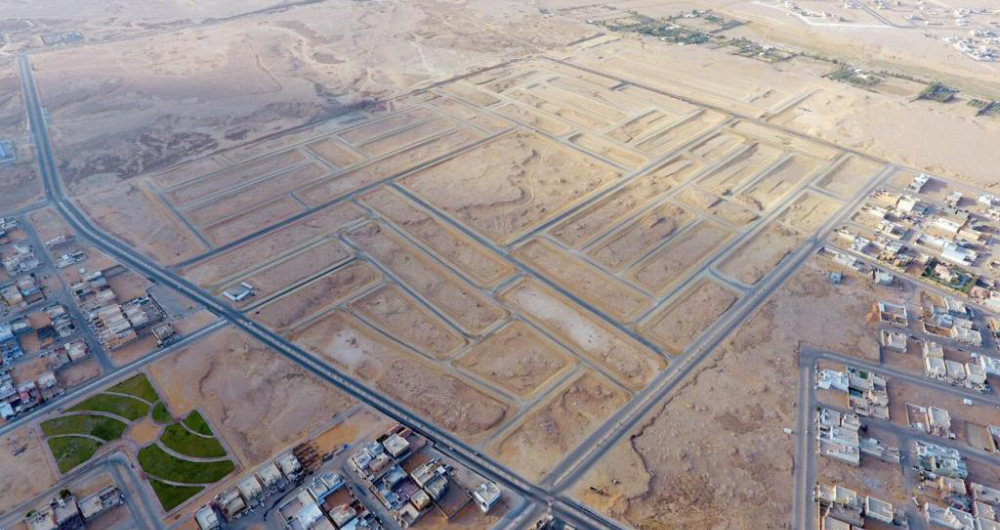Nitaqat Scheme Update
Overview
Relying on Knowledge Pioneers Law Firm’s sharp focus on most recent legal updates, we are pleased to share with our esteemed clients and business network this highly important business-related legislative amendment. Corporate Practice and Compliance Practice Departments at Pioneers who are pleased to hereby present you highlights and hints on the recent legal update pertaining to Saudi Nationalization Scheme; i.e. Nitaqat Scheme (“Nitaqat”) supported by practical examples, expected issues, and productive solutions.
On 29/3/1441H, corresponding to Oct. 26th, 2019, H.H. Ahmed Bin Salman, ex officio as the Minister of Labor And Social Development issued a ministerial decree number (63717) (the “Decree”). Yet, before addressing complex legal consequences, we would rather checklist a few concepts and basics, right as follows:
What is Nitaqat (نطاقات), a.k.a. Saudi Nationalization Scheme?
officially known as the Saudi nationalization scheme, or Saudization is the most recent policy of the Kingdom of Saudi Arabia implemented by its Ministry of Labor and Social Development, whereby Saudi companies and enterprises are required to fill up their workforce with Saudi nationals up to certain levels.
As part of the Saudi Vision 2030’s reforms, announced in 2016, reducing the number of unemployed Saudi nationals is a key element of the plan. Previously the private sector was largely dominated by expatriate workers from Pakistan, India, the Philippines, and Arab countries such as Lebanon or Egypt.
In its beginning, Nitaqat categorized companies that undertake projects, especially public ones, in Saudi Arabia into three (3) zones; green, yellow, and red.
Under certain standards and requirements, every single company shall be located and might be relocated in a zone where such a company shall be subject to certain consequences. It is noteworthy that the yellow and red zones are specified for companies that have failed to achieve the required Saudization percentage. They are also known as the “unsafe Nitaqat” and such firms are denied full access to the ministry’s services.
Who is involved?
At large, all companies incorporated and organized by Saudi laws are subject to the Decree. However, it mainly confronts companies currently located in Nitaqat yellow zone who will be relocated into the red zone and hold responsibilities for such relocation unless they have positively reacted in a manner compliant with the Decree.
In other words, the ministry’s services are restricted to firms that are in Green Zone and above and that contribute effectively to employing Saudis.
Why is it so important?
This decision aims to stimulate firms in this zone to move to the Green Zone and above, leading to raising their Saudization percentage.
Conclusions
The Ministerial Decree has clearly drawn the road map in this arena of Vision 2030. It was issued in the continuity of the already existing Saudization major plan where the regime extensively strives to provide more job opportunities to Saudi young men and women.
In conclusion, we highly recommend our business network members to take all necessary action to comply with the Ministerial Decree on or before Jan. 26, 2020 corresponding to 01/06/1441H.
Our Corporate Compliance team regularly advises on laws and regulations impacting the business flow and law-compliance issues in the corporate sector.
For further information, please do not hesitate to Contact Us.














Recent Comments